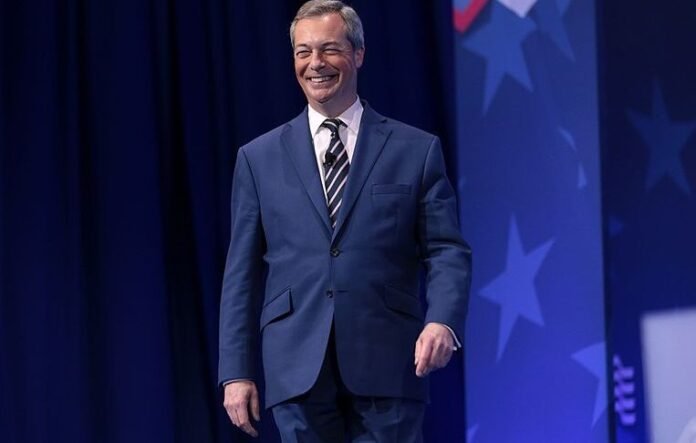Reform UK pilots AI-driven ‘Doge’ scheme in Kent to slash council waste, warning officers of penalties
Reform UK has announced a bold new initiative to tackle wasteful council spending with a pilot scheme inspired by Elon Musk’s government efficiency unit, dubbed the ‘Doge’ project. The party has warned council officers they face “gross misconduct” charges if they obstruct the investigation into expenditure within councils under their control.
The first rollout will take place at Kent County Council, where a volunteer team led by controversial Brexit donor Arron Banks and cybersecurity entrepreneur Nathaniel Fried will scrutinise spending using artificial intelligence, advanced data analysis, and forensic auditing methods. Reform UK claims this approach will uncover unnecessary spending and recommend practical savings for taxpayers.
The party insists all requested documents—including internal investigations and whistleblower reports—must be handed over promptly. The initiative carries a strong warning: council officers who resist may face motions to compel cooperation, with any obstruction considered a serious disciplinary offence. This directive was signed off by Kent council leader Linden Kemkaran, Reform UK chair Zia Yusuf, and party leader Nigel Farage.
Zia Yusuf described the scheme as a crucial step to combat the “black hole” of taxpayer money disappearing without improving local services. “Taxes keep rising while bin collections drop, potholes go unfixed, and vital services are cut,” Yusuf said. “Reform UK won a historic mandate to change this. Our UK Doge team will deliver real value for voters by cutting waste.”
Nigel Farage told GB News the Doge team is made up of unpaid volunteers and tech entrepreneurs who have already started auditing Kent’s council finances. “This is day one of Doge,” Farage said. “We’re reviewing contracts and expenditure with no political paymasters involved. We hope the Kent chief executive and council will cooperate.”
The plan, however, has drawn criticism from local government leaders and politicians alike. John Merry, deputy mayor of Salford and chair of the Key Cities group, condemned the scheme as ill-timed. “Councils are struggling with growing pressures in social care, special educational needs, homelessness, and more,” Merry said. “What we need is long-term funding reform aligned with local needs, not more short-term cost-cutting initiatives that risk undermining vital services.”
Opposition voices were equally sceptical. Liberal Democrat leader Ed Davey dismissed the Doge initiative, warning that mimicking Elon Musk’s model is not the answer to improving everyday services like bin collection and pothole repairs.
Adding to the controversy, Conservative peer Robert Hayward has contacted the Electoral Commission, arguing that the involvement of Reform UK volunteers, particularly the high-profile donors, may constitute donations in kind and should be subject to political donation scrutiny. Hayward stressed the need for transparency, warning that undisclosed donations could be attempts to gain undue political influence.
Despite the backlash, Reform UK remains committed to the Doge project, emphasising its use of cutting-edge technology and a volunteer workforce as a cost-effective way to tackle council inefficiency. As the pilot progresses in Kent, all eyes will be on whether this controversial experiment will deliver real savings or simply deepen tensions between councils and Reform UK.
